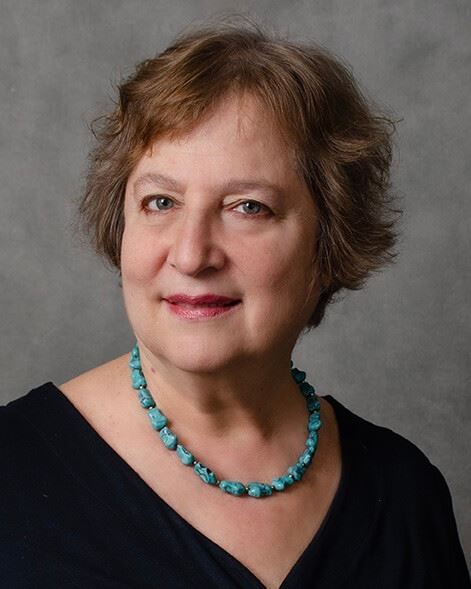|
2021-2022 Scientific Meetings
A People’s History of Psychoanalysis: From Historical Memory to Clinical Praxis
Daniel Gaztambide, PsyD
Tuesday, December 7, 2021, 7:00 pm – 9:00 pm Central time
Location: Zoom - https://icsw.zoom.us/j/6410482572
Passcode: 98463
Introduction by Lucy Freund, Ph.D., President
Chicago Psychoanalytic Society
Presenter: Daniel Gaztambide, PsyD
Discussant: Celia Brickman, Ph.D., LCPC
Summary: Two years ago, Daniel Gaztambide published one of the most impactful psychoanalytic books of the 21st Century: A People’s History of Psychoanalysis: From Freud to Liberation Psychology. He traced the routes connecting psychoanalysis and social justice struggles--from Freud to Fromm, through the Black and Latin American traditions from Frantz Fanon to Paulo Freire, and finally into Martin-Baro’s Liberation Psychology. Gaztambide has translated these theoretical insights into therapeutic and political implications, based on his clinical practice and research, and with the influence of what he describes as “the intersecting crises of COVID-19, anti-Blackness, and xenophobia, and rampaging racial capitalism.” In this presentation, he will review the key themes of the text and provide case examples from his clinical work and political activism. His goal, he states, is to invite the attendees “to imagine a people’s psychoanalysis today."
Daniel Gaztambide, PsyD,
is an Assistant Professor at the New School for Social Research in New York City. He also serves there as Assistant Director of Clinical Training and Director of the Franz Fanon Lab for Intersectional Psychology. Recently he was appointed to the American Psychological Association’s Task Force on the Elimination of Racism, Discrimination, & Hate. He has published several articles and the book A people’s history of psychoanalysis: From Freud to liberation psychology (Lexington Books/Rowman & Littlefield, 2020). He is now completing a volume, A psychotherapy for all: Integrating science and social justice in everyday practice and advocacy, under contract with Palgrave McMillan.
Celia Brickman, Ph.D., LCPC,
is a member of the Chicago Psychoanalytic Society, an adjunct faculty member at the Chicago Psychoanalytic Institute, and a clinical associate faculty member at the Chicago Center for Psychoanalysis. She practices psychotherapy at the Center for Religion & Psychotherapy of Chicago, where she is a scholar-in-residence and formerly was the director of education. The first edition of her book, Race in Psychoanalysis: Aboriginal Populations in the Mind, (Columbia University Press, 2003), is considered a classic and was nominated for the Gradiva Award (for an outstanding psychoanalytic book). In 2018 Routledge published a second, updated edition. Daniel Gaztambide drew on her book in his study of “The People’s History of Psychoanalysis.” Brickman received her Ph.D. from the University of Chicago.
After attending this session, participants should be able to:
1. Describe the theoretical and personal connections between psychoanalysis and decolonial, liberation-psychology movements across the global south.
2. In the clinical context, identify allusions in the patient’s speech to symbols of status, power, and identity, and reflect them back to open exploration of socio-political issues.
3. In the context of politics, identify unconscious communication in right-wing political messaging that triggers status anxiety at the personal and collective level and use that information to craft messages that deactivate status threats and promote solidarity across differences.


